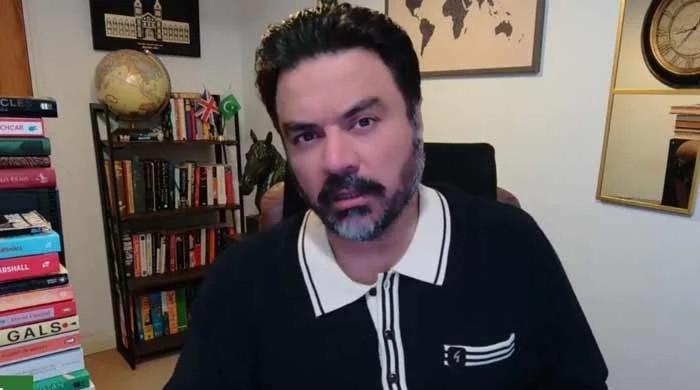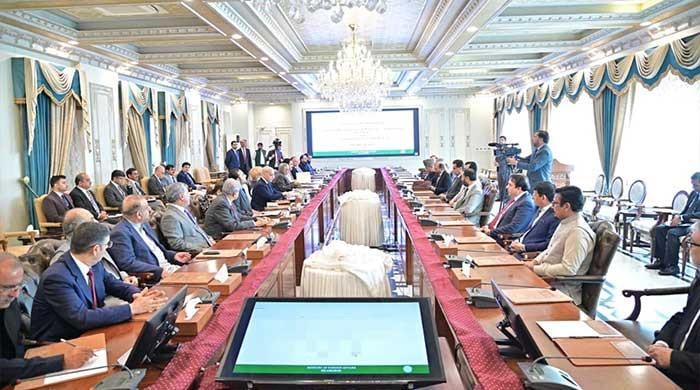WATCH: Sarah Gill's journey to become first Pakistan's transgender doctor full of challenges
I am an independent transwoman who has earned this degree independently, says Dr Sarah Gill
February 05, 2022
Sarah Gill, Pakistan's first transgender doctor, believes that it is important for the community to change within itself and accept to help one another.
"I don't think society will help the community unless they help themselves," she told Deutsche Welle (DW), a German international broadcaster, in a video interview.
Dr Sarah said that the death of a friend from blood cancer had a profound impact on her. She recalled her friend's last words: "If there were doctors in the transgender community, I might have been open to sharing my problem with them more conveniently, and they would have understood me as well."
On a question about how she decided to become a doctor, she said that in order to change society, she wanted to become part of the change and help herself.
"My parents, particularly my mother, have always been supportive, but my father accepted me after I received my degree.
"One should forget about the past and focus on the positive aspects of life. No matter how much it hurts, I cannot payback for the fact that my parents brought me into this world, "she said.
Dr Sarah said that she plans to study abroad and then return to serve her country.
She said that even though she is a transgender doctor, this does not imply that she will only treat members of her community.
Talking about the medical fields, she told DW that she wishes to pursue a career in the medical field of endocrinology.
"For me, MBBS is just the beginning, not the end," she said.
Talking about the challenges she faced, Dr Sarah said that she earned her living by performing at dance functions at night and going to an NGO to study in the morning.
"Medical school education is difficult for everyone, but it was especially difficult for me due to a lack of funds. I am an independent transwoman who has earned this degree independently, " said Dr Sarah.
She added that people's snide remarks about her gender and lack of funds were a few difficulties she faced.
"[But] hats-off to my college and my fellows who always supported and helped me," said Dr Sarah.











